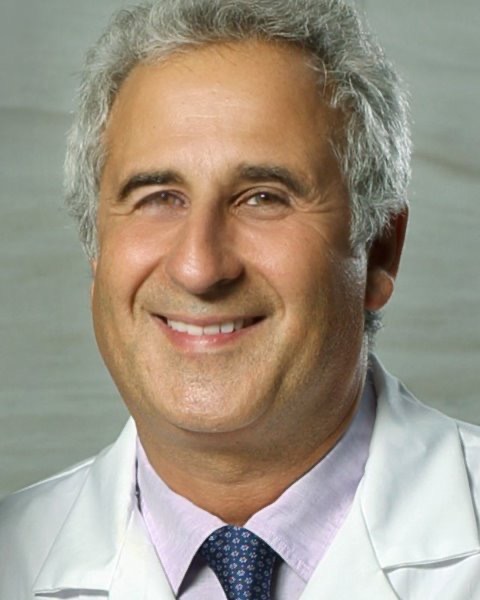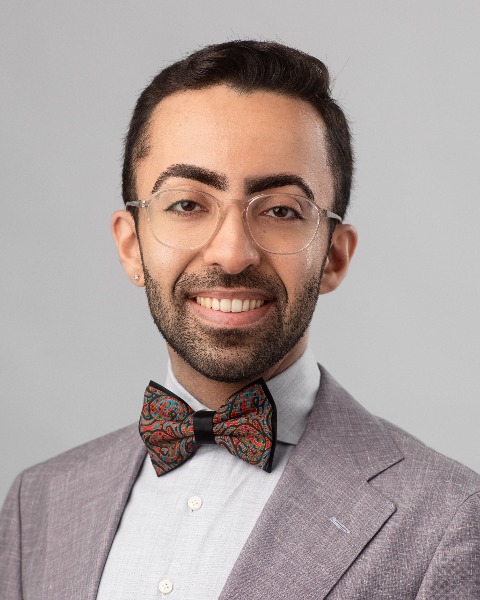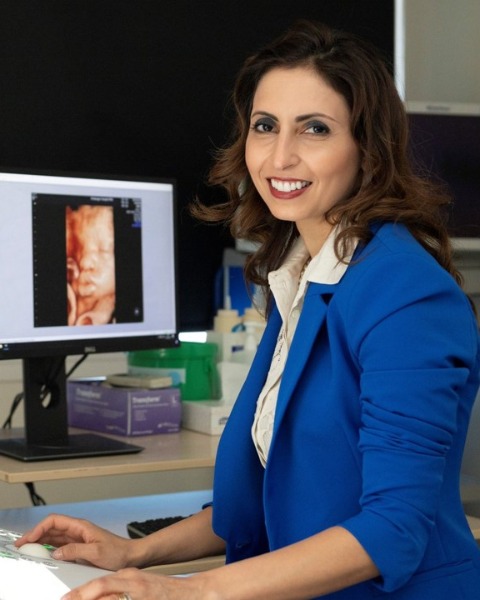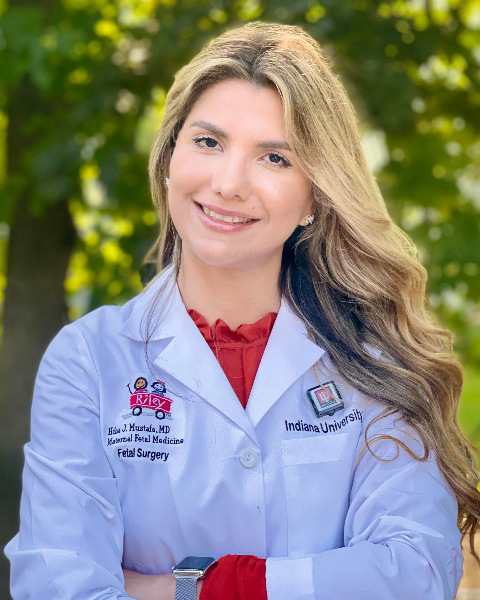Poster Session 1
(194) Monitoring and Management of Hemolytic Disease of the Fetus and Newborn, International Delphi Consensus

Enaja Sambatur, MD (she/her/hers)
Clinical Research Specialist
Fetal Care and Surgery Center, Division of Fetal Medicine and Surgery, Boston Children’s Hospital and Harvard School of Medicine
Boston, Massachusetts, United States- SJ
Sonia Johnson, MD
Fetal Medicine Unit, Liverpool Women’s Hospital, University of Liverpool
Liverpool, England, United Kingdom .jpg)
Alireza A. Shamshirsaz, MD (he/him/his)
Department Director, Professor of Surgery
Fetal Surgeon Chief, Division of Fetal Medicine and Surgery Director of the Maternal Fetal Care Center Director of the Perinatal Surgery Fellowship Professor of Surgery, Boston Children’s Hospital Harvard Medical School
Boston, Massachusetts, United States.jpg)
Kenneth J. Moise, Jr., MD (he/him/his)
Professor of Women's Health
Dell Medical School - UT Austin
Austin, Texas, United States
Ahmet A. Baschat, MD (he/him/his)
Director
Johns Hopkins Medicine
Baltimore, Maryland, United States- EV
E. J. T. (Joanne) Verweij, MD
Department of Obstetrics, Division of Fetal Therapy, Leiden University Medical Center
Leiden, Zuid-Holland, Netherlands 
Ali Javinani, MD (he/him/his)
Postdoctoral Research Fellow
Boston Children's Hospital, Harvard Medical School
Boston, Massachusetts, United States- MK
Mark Kilby, MD
Fetal Medicine Centre, Birmingham Women's & Children's Foundation Trust
Birmingham, England, United Kingdom - EL
Enrico Lopriore, MD
Neonatology and Fetal Medicine, Leiden University Medical Center
Leiden, Zuid-Holland, Netherlands - RR
Rebecca Rose, MD
Division of Neonatology, Indiana University School of Medicine, Riley Children’s Hospital
Indianapolis, Indiana, United States - RD
Roland Devlieger, MD, PhD
University Hospital Leuven
Leuven, Vlaams-Brabant, Belgium - SS
Saul Snowise, MD
Midwest Fetal Care Center, Children’s Minnesota, MN
Minneapolis, Minnesota, United States - US
Ulrich Sachs, MD
Immunology and Transfusion Medicine, Justus-Liebig-University
Giessen, Hessen, Germany 
Asma Khalil, MD
Professor of Maternal Fetal Medicine
Fetal Medicine Unit, St George's Hospital, St George's University of London
London, England, United Kingdom
Hiba J. Mustafa, MD (she/her/hers)
Director of Fetal Surgery, Director of Placenta Accreta Spectrum Program
Indiana University and Riley Children's Hospital
Indianapolis, IN, United States
Submitting Author and Presenting Author(s)
Coauthor(s)
Study Design: A Delphi procedure was conducted among an international panel of experts in fetal medicine, neonatology, and hematology. Experts were selected based on their expertise, relevant publications, and affiliations. The domains were (i) prenatal workup, (ii) prenatal monitoring and management, (iii) intrauterine transfusion, (iv) delivery, and (v) postnatal management. The pre-defined cut-off for consensus was ≥ 70% agreement.
Results:
A total of 107 experts completed the first round and 100 (93.45%) completed the subsequent round. 75.3% agreed on the use of cfDNA to determine fetal antigen status, particularly for RhD, Kell, Rhc, and RhE antigens. The critical titer is considered when the threshold of 16 is for non-Kell and 4-8 for Kell antigens. 70% agreed on the use of maternal IVIg in pregnancies with prior IUT < 24 weeks or fetal/neonatal death due to HDFN. The minimum GA for IUT is 16-18 weeks and the maximum is 35-36 weeks. Guidance on the procedure, if it was technically not feasible, follow-up, and delivery is reached as shown in the workflow.
Postnatal management consensus was reached for the following: Anemia labs should be investigated in the affected neonates before hospital discharge (92% agreement) and if they received IUT then the labs are to be repeated within one week of discharge (84% agreement). 96% agreed that exchange transfusions should be centralized in hospitals with sufficient exposure and experience and 92% agreed that the Hg cut-off level to consider transfusion following hospital discharge is 7g/dL, and the newborns need to be monitored until 2-3 months of age (96% agreement).
Conclusion:
The Delphi method facilitated the development of a consensus-based clinical workflow for the management of pregnancies at risk or affected by alloimmunization. These workflows are intended to enhance clinical practice, improve outcomes, and facilitate future research.

